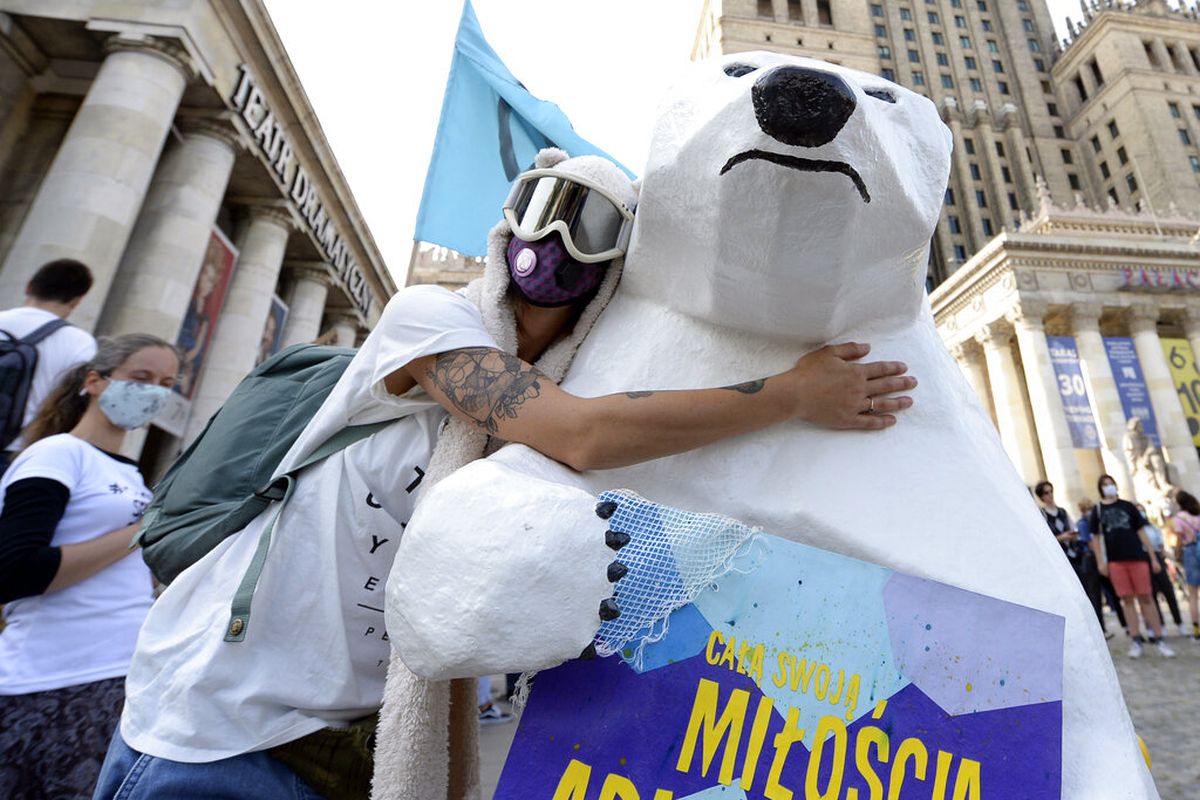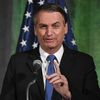Leaders Warn UN: If Covid-19 Doesn’t Kill Us, Climate Change Will

“The momentary drop in (carbon) emissions this year cannot be allowed to generate any complacency about global progress,” he said, referring to the sparkling skies that followed lockdowns to slow the spread of the virus around the world.
Pollution has crept back up as restrictions ease.
World powers cannot shirk their financial commitments to fighting climate change during the pandemic, Remengesau said, even as economies are battered.
But few pledges have emerged at the UN gathering, aside from China's announcement that it aims to have carbon dioxide emissions peak before 2030 and achieve carbon neutrality by 2060.
Read also: China’s Climate Ambitions Include a 2060 Carbon Neutral Goal
The Covid-19 pandemic has muted the UN meeting, with world leaders speaking not from the podium in New York but via video from home.
That has sapped the urgency of diplomacy and left nations wondering just how many people are listening.
Amid concerns that the world is distracted, it was perhaps no surprise that the student-led movement Fridays for Future returned to the streets this week for the first major demonstrations for climate action in months.
Still, island nations have seized on the unusual circumstances to show off what’s at stake.
The prime minister of Tuvalu, Kausea Natano, delivered his UN speech with a vista of turquoise waters and swaying fronds behind him that instantly fired the imaginations of house-bound viewers. But the prime minister quickly shattered any dreams.
While Tuvalu is free of the coronavirus, the pandemic struck as the island nation was recovering from a pair of tropical cyclones — storms that scientists say are likely to become wetter as the planet warms.
Read also: Hurricane Season Goes Greek with Atlantic Storms Alpha and Beta
Tuvalu's highest point is just a few meters (yards) above sea level. The pandemic's effect on the movement of goods exposed food insecurity as local agriculture becomes more difficult with rising sea levels, Natano said.
“While Covid-19 is our immediate crisis, climate change remains the single greatest threat to the livelihoods, security and well-being of the Pacific and its peoples in the long run,” the prime minister said.
From the Marshall Islands, also free of Covid-19, President David Kabua used the virus’s example to plead for more help now.


































